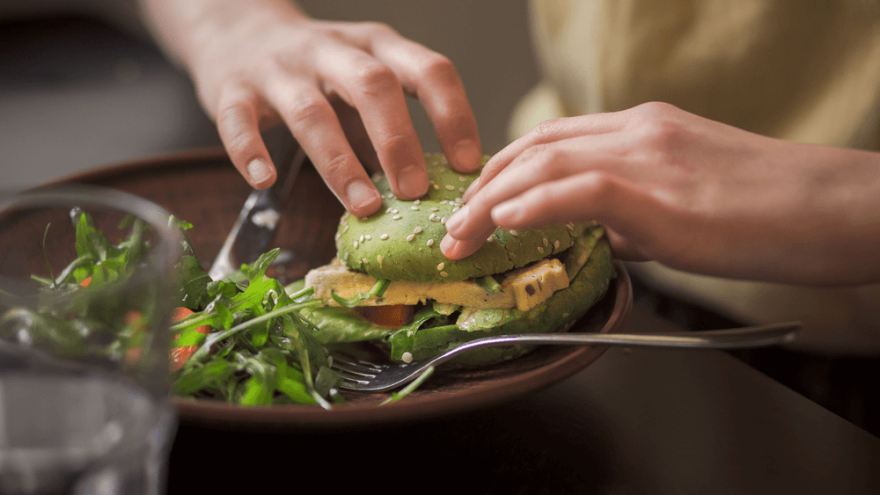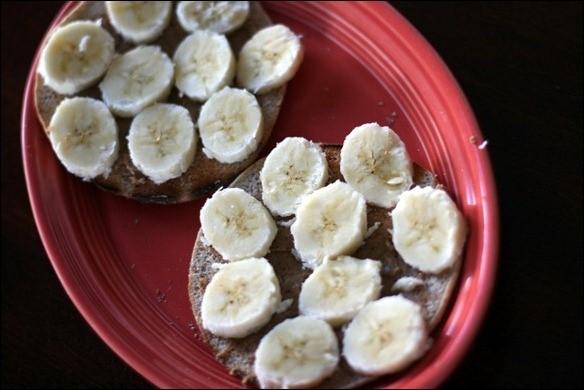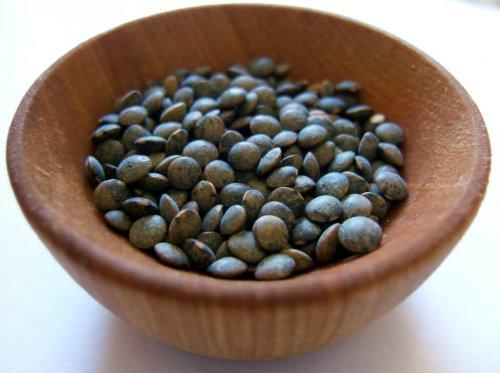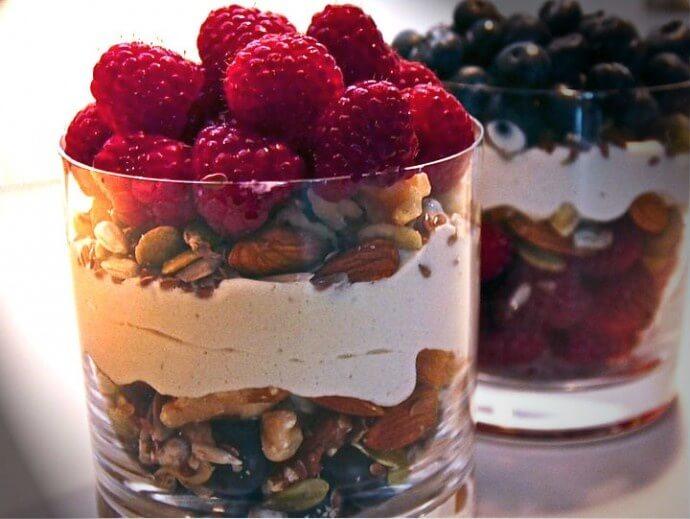Vegan Before 6 (VB6) Diet: Is It Right for You?

Mark Bittman is a critically acclaimed author, with 20 books on food and healthy eating. His career took off when he worked for The New York Times as a food writer for the Sunday Magazine, quickly becoming one of America’s most sought-after op-ed columnists. From there, his name became even more well known, as he started in various television series, traveled the country giving talks to universities and conferences, and landing at Columbia University’s Mailman School of Public Health as a faculty member. But it is Bittman’s The New York Times number one bestseller, VB6: Eat Vegan Before 6:00, that has folks in the health and fitness industry talking. But what exactly IS the VB6 Diet? And is it a sustainable diet you should seriously consider, or just another fad diet that will be gone tomorrow?

What is the VB6 Diet?
The principle is simple: eat vegan meals and snacks all day until 6 o’clock dinnertime, and then eat as you normally would in the evening – without many constraints or limitations to your suppertime meal! You do not have to meticulously track calories or macronutrients, and you do not have to avoid the foods and food groups you love. Plus, studies show that the vegan diet provides numerous benefits to the ecosystem and sustainable food systems, so you are doing your part in helping farm to table sustainability.
Bittman’s approach to the diet is simple – which is exactly why so many people have started paying attention and trying it out for themselves. Instead of counting numbers and meticulously tracking portions, he puts foods into just three main categories: “Unlimited Foods,” “Flexible Foods”, and “Treats”. Unlimited foods include fruits and vegetables, and dieters can eat as much of them as they want. Because fruits and vegetables are filled with fiber and water, dieters can enjoy them in copious amounts, and are left feeling fuller for longer (which in turn leads them to not eat as much of the more calorie dense foods of the meal). Flexible foods include whole grains, nuts, beans, and tofu. These are “heftier” vegan foods, because they provide rich sources of carbs, fats, and proteins. Between the wide range of unlimited foods and flexible foods allowed on the diet, it is easy to fill up breakfast, lunch, and snacks with a variety of goodies. The final category, “treats”, includes non-vegan products like dairy and animal meat products. Again, these are meant to be eaten sparingly, only in the evenings. But most dieters, especially after sticking to VB6 for a few weeks, find themselves craving foods from the treats category less and less, as their bodies adjust and get used to being fueled off of vegan foods. Bittman himself says that, these days, he actually craves legumes, fruits, vegetables, and vegan foods more than their animal by-product counterparts.
This ratio of limiting animal products to one meal a day means limiting excessive fat, calorie, and cholesterol sources for most individuals. Vegan foods are naturally lower in calories and nutrient dense foods, so dieters get fuller, faster. This translates positively for dieters trying to lose or maintain their weight then, as they are not taking in an excess and are limiting processed foods and high calorie meals.

What does a typical day eating the VB6 diet look like?
Okay, so you have the general gist of what this diet entails. But what would you realistically be eating. Honestly, if you are already somewhat of a health-conscious person, you are probably already eating a lot of these meals and snacks. And with just a few vegan-friendly swaps, you can go “full VB6” and hardly notice a difference. For breakfast, start the day off with a simple bowl of oatmeal cooked with almond milk and topped with dried or fresh fruit, nuts or vegan nut butter, and agave. Around lunch time, cut up some vegetables (remember, AS MUCH AS YOU WANT!) and throw together a simple salad topped with tofu or beans for protein and quinoa, sweet potatoes, squash, or farro for some carbs. Drizzle with a little avocado oil to get some fats in and voila! To avoid the midday slump, snack on fruits, nuts, or popcorn. There are also a ton of great vegan-friendly recipes these days, so if you do a bit of meal prep ahead of time, you can stock your pantry and fridge with homemade vegan protein bars or energy bites for a quick grab-and-go snack option. And then once dinner rolls around, feel free to branch back out and enjoy your old favorites! Pizza, pasta, sandwiches – whatever your heart desires! But be mindful of your portions, and try not to go back for seconds.

Is it right for you? (i.e. Is it sustainable for your lifestyle, budget, and training?)
Most runners would look at this diet with wary eyes. Through starchy vegetables and rice, quinoa, and other carbohydrate sources, it would be easy to make sure your glycogen tank is filled. But runners get hungry, and they need lots of protein. Would for-going meat allow you to still meet your protein needs throughout the day? It depends. For some, living on canned beans, rice, fruits and vegetables is actually quite simple and budget friendly. But venture out into other vegan foods and the cost can add up, and some VB6’ers have commented on how expensive it can be to grocery shop the vegan aisles. And what about convenience? Usually, as long as you keep some vegan friendly staples on hand at all times: (oatmeal and salads) a rounded, balanced meal can be thrown together in under 10 minutes and are excellent make-ahead options for busy work mornings and lunches. But that’s just it – vegan eating can require a bit of prep time, so if you are not already used to weekend meal prepping for the week ahead, this might be difficult for you to adjust to. And if you aren’t already versed in “veganese,” you’ll have to do your research on what foods are actually animal products and what aren’t (the list might surprise you!) Try it out for a week. If you like what you’re eating, feel better, and can continue running and living your best life, the VB6 diet is an excellent approach to balanced eating!
Sources
- , About Mark, Personal Website
- , I Tried Mark Bittman's VB6 Diet and here's How It Went, the Kitchn Blog
Latest Articles
 Is Running on a Treadmill Easier Than Running Outside?Runners have their own preferences, whether it is treadmill running, running outside on the road, or exploring trails. So...
Is Running on a Treadmill Easier Than Running Outside?Runners have their own preferences, whether it is treadmill running, running outside on the road, or exploring trails. So... Is It OK to Use Trail Running Shoes on the Road?While trail running shoes can be used on roads, especially in situations where a runner encounters mixed terrains or pref...
Is It OK to Use Trail Running Shoes on the Road?While trail running shoes can be used on roads, especially in situations where a runner encounters mixed terrains or pref... How to Fix Sore Quads After Running?Rest, ice, gentle stretching, and over-the-counter pain relievers can help soothe sore quads after running. Also, ensure ...
How to Fix Sore Quads After Running?Rest, ice, gentle stretching, and over-the-counter pain relievers can help soothe sore quads after running. Also, ensure ... 10 Fruits With The Most Electrolytes to Replace Sports DrinksThese fruits are high in electrolytes such as potassium, magnesium, and calcium, essential for hydration, muscle function...
10 Fruits With The Most Electrolytes to Replace Sports DrinksThese fruits are high in electrolytes such as potassium, magnesium, and calcium, essential for hydration, muscle function...

